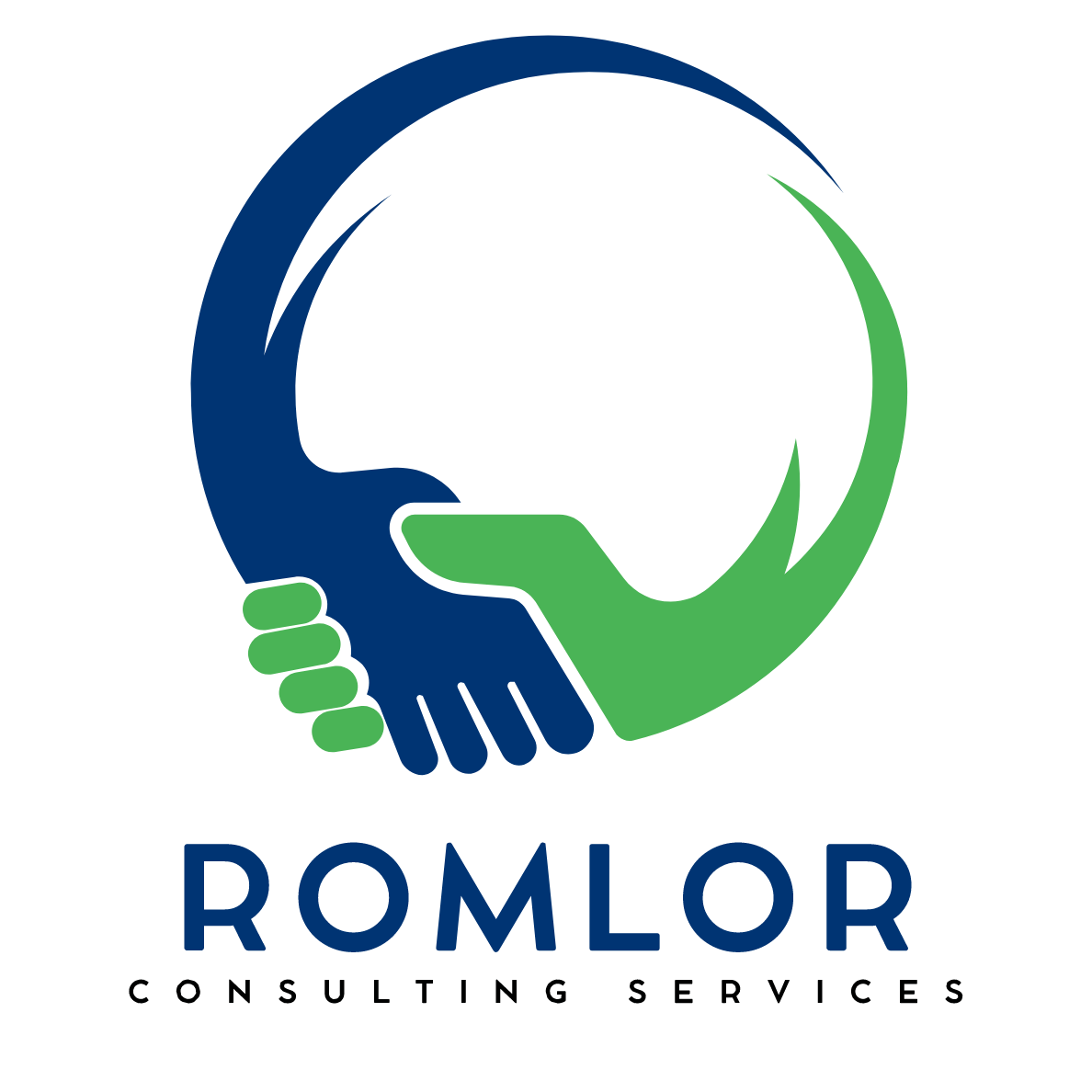Free Resources
Free Resources
Your Career Reflection Bundle: Find Clarity and Define Your Path
Are you feeling stuck in your career and searching for a way to reflect, refocus, and move forward with purpose? The Career Reflection Bundle is here to help you assess where you’ve been, clarify where you want to go, and take actionable steps toward a fulfilling professional future.

Essential Tips for Building Your Professional Map

Overcoming Imposter Syndrome and
Building Your Professional Self

Networking Navigator: Essential Tips for Building Your Professional Map


Your Personalised Journey to Success
As a passionate career coach with a love for exploration,
I’m dedicated to helping you navigate the unique contours of your career. Whether you're entering a new field, advancing in your current role, or seeking direction, I provide strategic insights and personalized support tailored to your goals.
Let’s embark on this journey together and create an exciting future.
Start your journey today!
YOU MAY HAVE SEEN ME ON




Testimonials
"Big thanks to Romayne for their invaluable help refining my resume. Their attention to detail and skill in crafting compelling content greatly boosted its quality and effectiveness. With their constructive feedback, my strengths and accomplishments were highlighted more effectively, improving my professional image on LinkedIn and enhancing my resume's appeal to potential employers. I'm truly grateful for Romayne’s assistance for enhancing my resume and LinkedIn."

Kanchan Rathore.
Technical Recruitment Specialist
"Romayne gave me helpful tips and tricks to fine tune my resume to land me a job. She actively listened to my goals and gave me the best recommendations and advice to achieve them."

Wanaemi Amaegbe.
Technical Support Advisor
Blog Posts

10 Goal-Setting Mistakes to Avoid and How to Fix Them
Setting goals is one of the most critical steps you can take toward achieving career success. But even with the best intentions, it’s easy to make mistakes that can derail your efforts. It’s not uncommon to feel stuck or frustrated with your career progress, but often, the root cause lies in how your goals are set (or not set). Whether it’s failing to be specific enough, neglecting skill development, or ignoring shifts in industry trends, these common mistakes can hinder your progress.
In this blog, we’re going to explore 10 career goal-setting mistakes, delve into why they happen, and provide actionable solutions to help you reset your goals and stay on track toward achieving your ultimate career vision.
Why Goal-Setting Can Make or Break Your Career
Goals provide structure, purpose, and a clear path forward. Without them, it’s easy to drift aimlessly, unsure of where you’re headed or what you should focus on. Career success isn’t just about putting in the hours; it’s about working with intention, direction, and strategy. Setting clear, meaningful goals ensures that your energy is channeled toward what truly matters.
By clearly defining what you want to achieve, you create a roadmap that helps you prioritize your time and effort. You’ll know exactly what to focus on, what skills to develop, and what milestones to hit. On the other hand, failing to set specific and actionable goals can result in wasted effort and missed opportunities. You might end up investing time in the wrong tasks, leading to frustration and a lack of progress.
Effective goal-setting also keeps you motivated and engaged. When you see tangible progress and milestones being met, it boosts your confidence and reinforces your commitment to your career path. Without this structure, however, it’s easy to become discouraged and feel stuck.
The Top Reasons People Struggle With Career Goals
There are many reasons professionals struggle with their goals, and some of the most common include:
Lack of Clarity: Without a clear understanding of what you want, it’s difficult to set meaningful, actionable goals.
Overwhelm: Setting goals that are too big or unrealistic can leave you feeling paralyzed by the sheer magnitude of what needs to be done.
Fear of Failure: A lack of confidence or fear of falling short can prevent you from setting ambitious goals in the first place.
Lack of Accountability: Without external support or accountability, it’s easy to procrastinate or lose momentum.
These obstacles can derail even the most well-intentioned efforts. The good news is that these issues are all solvable. By avoiding the common mistakes outlined below, you can set yourself up for success.
10 Career Goal-Setting Mistakes and How to Avoid Them
Setting career goals is a crucial part of professional growth, but it’s easy to fall into certain traps that can hinder progress. Below are 10 common career goal-setting mistakes and practical tips on how to avoid them:
1. Being Too Vague With Your Goals:
A common mistake is setting goals that are too broad, like "I want to succeed" or "I want to advance in my career." These goals are unclear and don’t give you a clear direction. Without specific goals, it’s easy to feel lost or unsure about what to focus on.
The key to avoiding this mistake is to make your goals specific and well-defined. Instead of vague goals, ask yourself, "What exactly do I want to achieve?" For instance, instead of saying "I want a promotion," set a specific goal like "I want to become a Senior Manager within the next two years by leading three successful projects and demonstrating my leadership abilities."
This level of specificity makes it easier to break the goal down into smaller, actionable steps, and it provides a clear target to aim for.
2. Setting Unrealistic or Overwhelming Goals:
It’s natural to aim high, but setting unrealistic or overwhelming goals can work against you. When you set expectations that are too high, it can create a sense of pressure and anxiety. Trying to achieve too much too quickly often leads to burnout and frustration, causing you to give up before you make meaningful progress.
The key to overcoming this mistake is to make sure your goals are challenging but achievable. Break down your larger objectives into smaller, more manageable chunks, and focus on one step at a time. This approach prevents you from being overwhelmed and ensures that you can maintain momentum.
For example, if your ultimate goal is to become a leader in your industry, start with smaller goals, such as improving your leadership skills, attending relevant training programs, and taking on smaller leadership roles within your organization.
3. Ignoring Personal Values and Priorities:
Focusing solely on external career outcomes without considering your internal values and personal priorities can lead to dissatisfaction and burnout, even if you achieve your goals. Without aligning your goals with what you truly care about, you risk reaching a point where your success feels empty or unfulfilling.
Before setting any career goals, it’s essential to reflect on your personal values. What matters most to you in your career? Is it work-life balance, flexibility, meaningful work, financial independence, or professional recognition?
Whatever it is, make sure your goals reflect these values. For instance, if having time for your family is important, prioritize goals that give you flexibility, such as remote work options or leadership roles with more autonomy.
4. Focusing Solely on Short-Term Wins:
While short-term goals are important, focusing only on immediate wins can limit your long-term growth. If you’re too focused on the next paycheck, promotion, or project deadline, you may overlook the bigger picture, such as skill development or strategic career planning.
To avoid this mistake, balance short-term wins with long-term strategic goals. Yes, it’s essential to achieve milestones along the way, but you also need to look ahead and plan for your future growth.
Set goals that include not only immediate tasks but also personal and professional development objectives that will serve you in the long run. For example, a short-term goal might be completing a project on time, while a long-term goal could involve gaining a leadership position or mastering a new skill.
5. Not Adapting Goals to Industry Changes:
Industries are constantly evolving, and staying stagnant with outdated goals can hold you back. If you’re not regularly reassessing your goals to account for changes in the market, new technologies, or emerging trends, you risk being left behind. In fields like technology, finance, and marketing, where change happens rapidly, it’s crucial to stay flexible and adapt your goals accordingly.
To prevent this mistake, regularly check in on the state of your industry and adjust your goals as needed. Stay informed about new trends, innovations, and shifts in demand within your field.
If you’re in a tech career, for example, make sure your goals include keeping up with emerging technologies and gaining proficiency in new tools and programming languages. Stay proactive in refining your career path to remain relevant and competitive.
6. Neglecting to Track Progress:
If you don’t track your progress, it’s easy to lose sight of how far you’ve come or where you’re falling short. Without tracking, you may find yourself in a cycle of doubt or frustration, wondering whether your efforts are making any impact. Regularly measuring progress helps keep you motivated and ensures that you stay on course to achieve your goals.
To avoid this mistake, set up a tracking system to monitor your progress. Whether it’s using an app, spreadsheet, or personal journal, make it a habit to reflect on your goals regularly.
Ask yourself what’s working, what’s not, and where you need to adjust. This allows you to celebrate small wins and make corrections when necessary. Tracking your progress provides a sense of accomplishment and reinforces your commitment to your goals.
7. Overlooking Skill Development:
Your career goals are often tied to the skills you possess. If you’re not continually developing new skills, you may find yourself stuck in your current role or unable to advance as quickly as you’d like. Many professionals neglect this aspect of goal-setting, focusing solely on outcomes like promotions or job changes, but failing to prioritize the skills necessary to get there.
To avoid this mistake, make sure you regularly assess the skills you need to reach your career goals. Whether it’s leadership, technical expertise, or communication, set specific objectives to improve your abilities.
Take courses, attend workshops, or seek out mentorship to continuously upgrade your skillset. This will not only help you achieve your current goals but also open up new opportunities for growth.
8. Lacking a Support System:
Going it alone is another common pitfall. Many people try to accomplish their career goals in isolation, neglecting the importance of mentorship, collaboration, or networking. A lack of support can make the process feel lonely, and without accountability, it can be easy to fall off track.
To avoid this mistake, surround yourself with a support system of like-minded individuals, mentors, or peers who can offer guidance, feedback, and encouragement. Whether it’s a career coach, trusted colleague, or professional network, having people to lean on can provide both motivation and insight.
They can help keep you accountable, celebrate your successes, and provide advice when you face challenges.
9. Being Afraid to Reassess or Adjust Goals:
It’s easy to become rigid in your goals, especially when you’ve put a lot of time and energy into planning them. However, life and circumstances change, and holding onto outdated goals can prevent you from moving forward. If you’re afraid to reassess or adjust your goals, you may miss opportunities for growth and new directions.
To avoid this mistake, stay open to reassessing your goals. Life circumstances, career shifts, or personal growth can lead to new priorities. Regularly check in with yourself to see if your goals are still aligned with your values and long-term vision. Adjust your goals when needed, and be flexible enough to pivot when necessary.
10. Forgetting to Celebrate Small Wins:
Finally, many professionals overlook the importance of celebrating their small wins along the way. Achieving big goals is important, but acknowledging and appreciating the smaller victories makes the journey more rewarding and keeps your motivation high.
Take time to celebrate your progress, no matter how small. Whether it’s completing a project, learning a new skill, or hitting a career milestone, recognize your achievements. This reinforces your commitment and helps you stay energized for the next phase of your journey.
Conclusion
setting career goals is key to long-term success and fulfillment. Avoid common mistakes like being too vague, setting unrealistic goals, or neglecting skill development. Focus on aligning your goals with your values, tracking progress, staying adaptable, and celebrating small wins. With the right approach, you’ll move closer to your career dreams.
Don’t wait for the perfect moment – start working on your goals today. Choose one mistake to fix this week, whether it’s setting clearer goals, tracking your progress, or developing new skills. The sooner you take action, the sooner you’ll see results.
FAQs
1. How can I stay motivated when progress feels slow?
Break down your goals into even smaller tasks and focus on one step at a time. Celebrate each mini milestone to keep your momentum going, and consider finding an accountability partner to track progress together.
2. What are some strategies to balance career goals with personal life?
Prioritize your goals based on your values. If work-life balance is important to you, set boundaries, incorporate time for personal activities, and create a flexible plan that allows for adjustments based on your current situation.
3. How do I know if my career goals are still aligned with my long-term vision?
Regularly review your goals and reflect on whether they still match your evolving values and aspirations. If needed, tweak your goals to ensure they are in line with where you want to be in the next 3-5 years, considering personal growth and industry changes.

The Extra Mile: How to unlock your highest potential
Unlock the secret to better digestive health with 'Gut Feeling.' Discover how to nourish your gut and improve your overall well-being. ... more
mind and body
08 April 2024 • 7 min read


